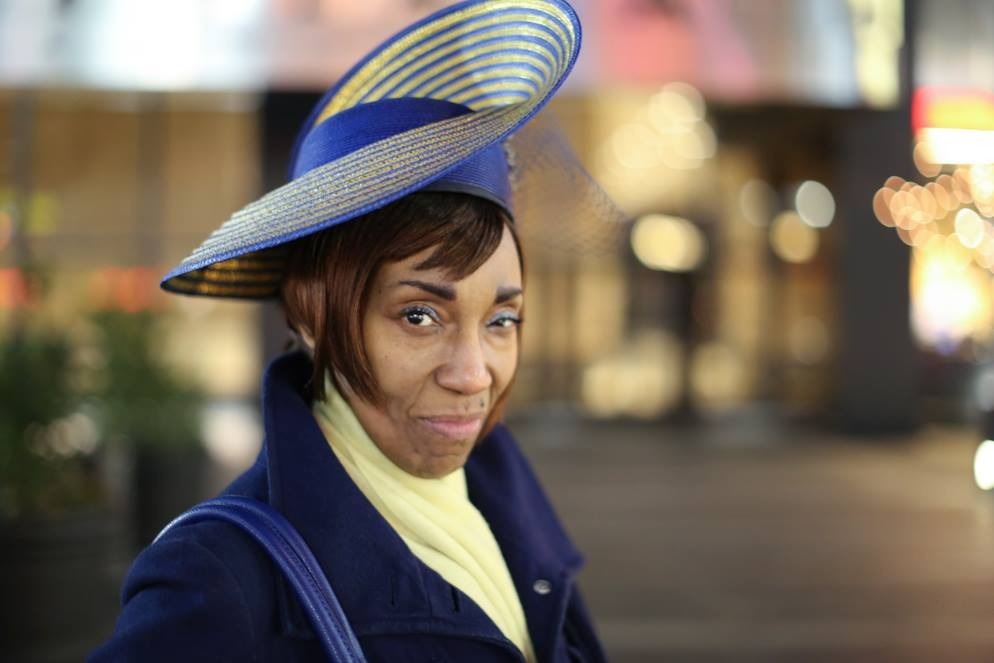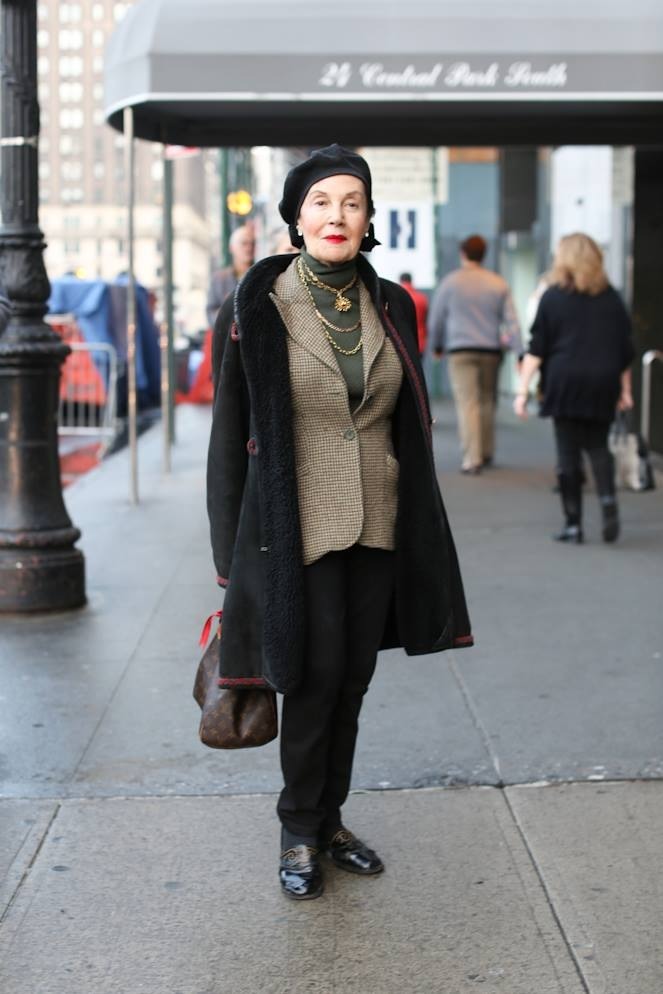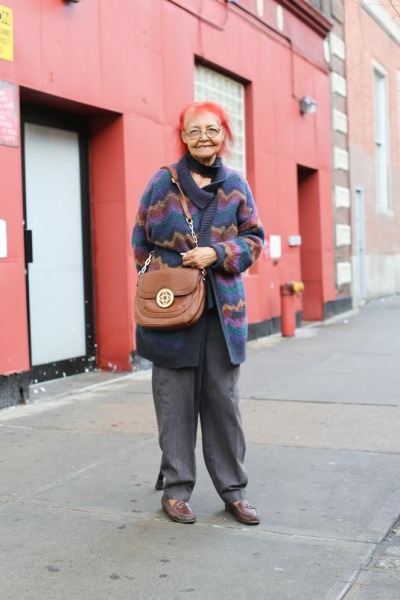I'm not normally the sort of person who responds to other articles I see flying around the internet, but I'm making an exception. I'm not sure if it's because I got mad when I first read the article, because it's my lunch break and there weren't enough new TV shows from the last 2 weeks to occupy my time this hour, or just because I felt that this particular article deserve more words than I'm sure it's already gotten, but here we go.
The article I want to talk about a little bit is an article called "23 Things to do Instead of Getting Engaged Before You're 23." This particular blog, on a woman named Vanessa's blog titled "Wander Onwards," can be read here:
23 Things to Do..., but be warned there is a little bit of profanity and such. Most of the response that I've seen to this article has been one of two things: Number 1="Yes! She totally gets it. I just want to have fun." Number 2="She doesn't understand anything. I got engaged/know lots of people who got engaged super early and it's working out way better than could have been imagined."
For those of you who didn't go read that post, I think it can be summed up pretty accurately as a blog about how life is something that you should live on your own, finding yourself through alcohol, traveling, doing whatever you want, and experiencing lots of new things. Note: what I just said as a summary was way over-simplified, and it would probably be worth your time to read the opinion she presents before moving forward.
What I want to say about this article is that, while I think she is wrong, I don't blame her for being wrong. To understand what I mean, look at number 7 on her list of things to do: "Get a tattoo. It's more permanent than a marriage."
You see, when I read this blog, I hear a girl who has seen the brokenness of marriages around her and gotten fed up by everyone's desire to follow suit. My guess is that this girl saw brokenness in marriage - I don't know her, so I don't know where she saw it, but it is very present in the world - and started to question why anybody would want to enter into a marriage, nonetheless at the young age of 22 or 23.
And you know what? In a lot of ways, she's right. If marriage is what we see in our world - a sort of contract and not much more than some feelings and two signatures - then you can see why she'd get fed up. What is the point of giving your life to another person, really, if life is just all about me being happy and being myself?
Before I make some of you mad, I should point out that I do think she misunderstands a few things. I think she's wrong in her whole part about how people are getting married younger, considering it's unprecedented in the history of the world for people to wait as long as Western Civilization does now for marriage. I think that almost everything on that list (excluding some things totally not worth doing anyway) would be more enjoyable with a person whom you love to share them with. I think that the best way to figure out who you are is by giving of yourself to another and facing challenges which require sacrifice head on with the person that you love. I think getting married is not about trying to look like the Kardashians (and that she's actually totally right that they're ruining the sanctity of marriage (and I hope nobody actually watches that show and says "I want my family to act like that")).
And yet, I still don't really blame her. I don't think she's some rambling idiot who just wrote the worst thing I've ever read. I think she's a product of a generation which has a hard time understanding marriage and what it's supposed to be. I think that very few people I know have a grasp on what it really means to be married, and I am certainly including myself in that. I think that in a society where the thing to be sought after is fun and pleasure and sacrifice is something you only do if it promises you please shortly after, it's easy to see why she says the things she does.
Just because I see why she says it, though, doesn't mean I think she's right. In fact, I think she's dead wrong.
Maybe I'm biased, because I did get engaged at 23 and in 7 months, at the age of 24, I will marry a girl who will have just turned 23. Even if I am biased, though, I think the truth is that she's wrong because her understanding of marriage is a flawed one, just like most of today's world. If marriage is about a good feeling and a fairy tale ending, you would understand why a realist would say no thank you. That's not what marriage is though, is it? Rather, marriage is about sacrifice and giving of one's self because loving another person is totally worth sacrificing my pleasure and what I want in the hear and now for something greater, in this case the selfless love of another person.
And so, I'm going to "settle down" when I'm still sort of young. Somehow, though, I think I'll be able to travel, to find myself, to have a good time, and get a few more tattoos. I'm quite certain my future wife will have me doing Pinterest projects, adopting pets, and doing a whole bunch of things that are more exciting than eating Nutella (it tastes bad (go ahead, fight me)) and watching bad television shows. I'm also certain that, in deciding at the age of 23 that I want to spend the next 70 years of my life choosing to love someone else before myself, I haven't chosen a boring life that is going to feel like settling down, but one that is going to feel like what I was made for, and is going to bring me to life.
I hope that Vanessa (who I'm sure is a sweet girl, and certainly don't want to attack her) and those who agree with what she wrote may one day see that marriage isn't about settling down to a boring, sad existence. No, it's a lifelong journey of joy and love meant to bring the best out of the person who is married. After marriage a person might not be able to "wander" through life, but they will certainly be able to live a great adventure.
Just as a side note before I finish, I want to add that I don't think that being single means your life hasn't started yet, or that you're doing something wrong. I certainly don't think that marriage is the only way for a person's life to be fulfilled. If you're single, I think it's wonderful to enjoy that time and make the most of it, but not to feel like you have to finish this list (or any list) before you find your ultimate vocation.








